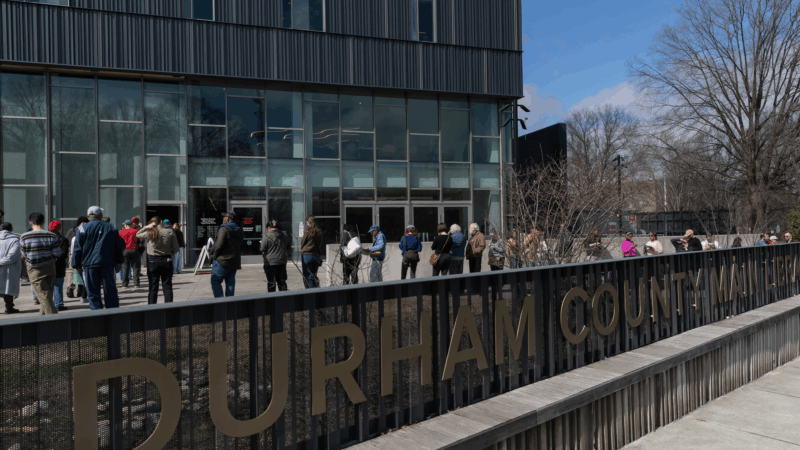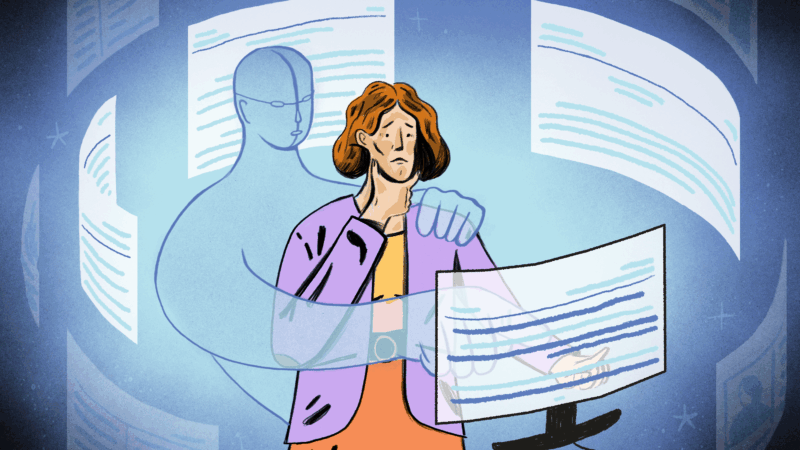Report: Alabama Community Corrections Harms Low-Income Participants
A recent report from the Southern Poverty Law Center says Alabama’s community corrections program unfairly burdens low-income people and threatens public safety. Community corrections, operating in 51 of Alabama’s 67 counties, is overseen by the state Department of Corrections, but run locally. It’s designed to be an alternative to prison.
The report’s main criticism is that community corrections relies on fees as a primary revenue source. These include fees for drug testing, supervision or electronic monitoring.
“This finding is very troubling because essentially it puts these programs in a very compromised role,” SPLC attorney Ivy Wang says. “They’re trying to supervise people and make sure that they succeed but also looking at these same people as sources of revenue. And we see that as inherently a conflict of interest.”
The Department of Corrections does not have uniform guidelines on fees, so the cost to participants varies widely from county to county.
The report also likens work release to indentured servitude. Wang says work release participants are usually living in a facility where they are monitored and can’t leave, as opposed to their homes. Often, a significant part of their pay goes to the program.
“Also they’re working under the threat of incarceration if they’re seen as not complying. So these just create conditions that are ripe for exploitation,” Wang says.
Wang argues fees put public safety at risk. She says survey data shows some people commit crimes, such as steal or sell drugs, to have money to pay fees ordered by the judicial system. She adds the program is intended to help prepare people to find work and support themselves after their sentences are through. But the current system hampers that. “You’re putting people under pressure to pay. They might be taking money away from necessities that they would otherwise have spent it on,” Wang says.
She says even though community corrections is legally authorized to supervise those convicted of a crime, many places use it to oversee those who have not yet been convicted. “[This] completely upends the presumption of innocence,” Wang says.
Wang says while they agree with the aim of community corrections as an alternative to prison time, it needs more support.
“The major solution we think is to fully fund these programs, which we think is something that the legislature seriously needs to look at,” says Wang.
The Southern Poverty Law Center is a program sponsor of WBHM, but the news and business departments operate independently.
Photo by Michael Coghlan
The candy heir vs. chocolate skimpflation
The grandson of the Reese's Peanut Butter Cups creator has launched a campaign against The Hershey Company, which owns the Reese's brand. He wants them to stop skimping on ingredients.
Scientists make a pocket-sized AI brain with help from monkey neurons
A new study suggests AI systems could be a lot more efficient. Researchers were able to shrink an AI vision model to 1/1000th of its original size.
U.S. evacuates diplomats, shuts down some embassies as war enters fourth day
The United States evacuated diplomats across the Middle East and shut down some embassies as war with Iran intensified Tuesday while President Trump signaled the conflict could turn into extended war.
North Carolina and Texas have primary elections Tuesday. Here’s what you need to know
The midterm elections are officially underway and contests in Texas and North Carolina will be the first major opportunity for parties to hear from voters about what's important to them in 2026.
Kristi Noem set to face senators over DHS shutdown, immigration enforcement
The focus of the hearing is likely to be on how Kristi Noem is pursuing President Trump's mass deportation efforts in his second term, after two U.S. citizens were killed by immigration officers.
College students, professors are making their own AI rules. They don’t always agree
More than three years after ChatGPT debuted, AI has become a part of everyday life — and professors and students are still figuring out how or if they should use it.







